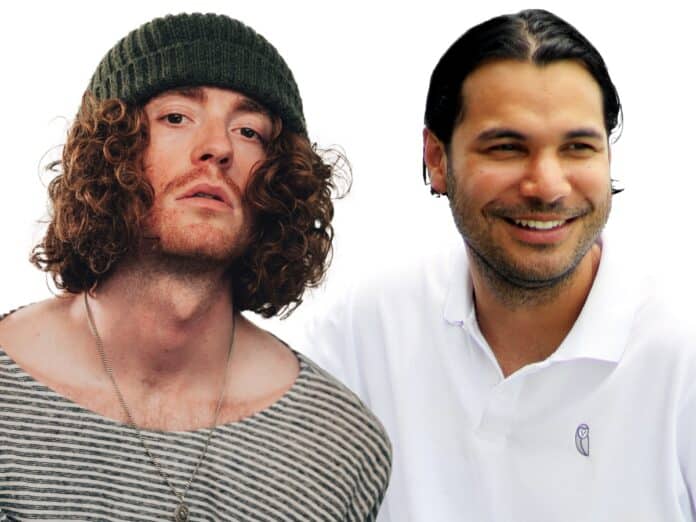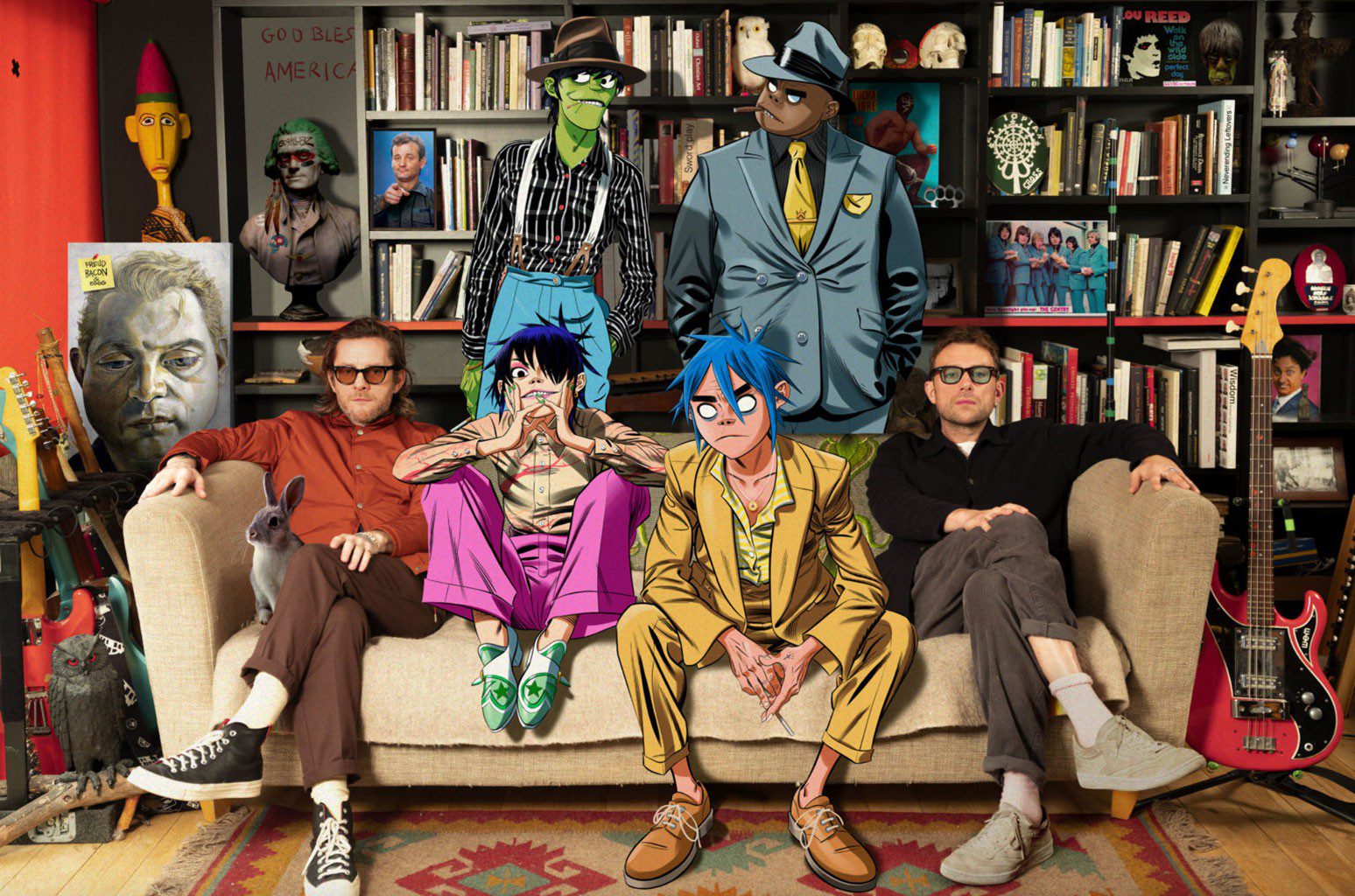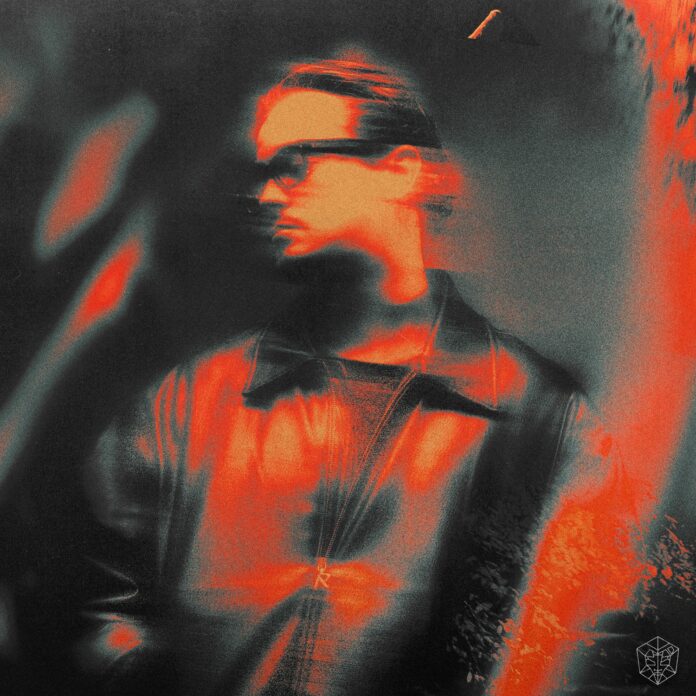“Patria y Vida.” “Homeland and life.”
Since the birth of hip-hop, it has been America’s universal sound of struggle. In the early ’70s, people of problematic plagued areas needed a space to express their oppression in a way that people like them could understand, thus came hip-hop.
They used afro-centric beats, uplifting and knowledgeable lyrics to educated, entertain and give listeners an insight into mistreatments their facing.
Now, since the globalization of the hip-hop culture, other countries have been inspired to use hip-hop the same way America traditionally used it.
The West Indian country, Cuba, is currently doing so. Right now, Cuba is enduring a shortage of food, electricity, and medicine. The country has also been in economic disaster since COVID. How have the Cubans voiced their outrage? Through hip-hop.
Just as America used hip-hop, Cuba is doing it right now. Frustrated citizens of Cuba are storming the streets protesting through a song called “Patria y Vida” — “Homeland and life.”
The Afro-Cuban reggaeton jam by Miami-based Cuban artists Descemer Bueno, Gente De Zona, and Yotuel featuring current Cuban living rap stars Maykel Osorbo and El Funky, has not only become a viral hit, as the video has surpassed 6 Million views on YouTube, but it also has become a political slogan.
The song sends a powerful message about how much devastation the government has caused the country. The song urges citizens to demand a change.
The slogan is a spin on the communist regime’s decades-old slogan of “patria o muerte” — homeland or death.
“No more lies. My people demand freedom. No more doctrines!” the song says.
“Patria y Vida” is sort of like how Public Enemy’s “Fight The Power” became a political slogan for black Americans who felt the government system unfairly treated them.
After the song’s release, Cuban authorities arrested Maykel Osorbo. His supporters have submitted complaints to the United Nations over his treatment, saying that the government is persecuting him for expressing his views and for helping create the song.
Cubans have been bravely expressing their frustrations and exercising their universal rights in ways that are truly inspiring.
Do you feel the U.S should help more during this humanitarian crisis?







